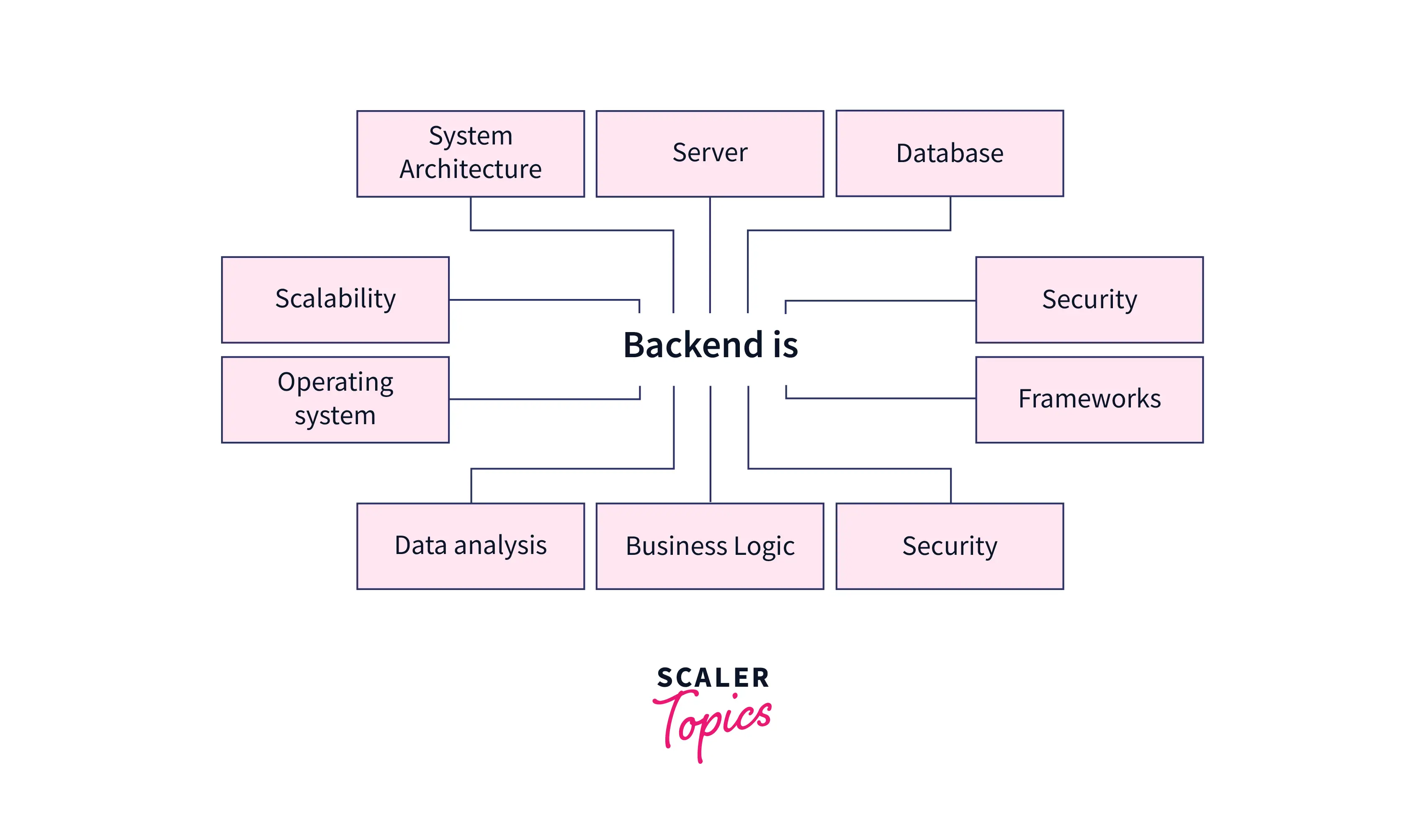4246 Insights
Your source for the latest news and information.
Back-End Development: The Silent Wizardry Behind Your Favorite Apps
Uncover the magic of back-end development and learn how the wizards behind the scenes power your favorite apps!
Understanding APIs: The Backbone of Back-End Development
APIs, or Application Programming Interfaces, serve as the crucial link between different software applications, enabling them to communicate seamlessly. In the realm of back-end development, understanding APIs is essential for developers as they facilitate data exchange and integration of third-party services. With the rise of web services, APIs have become the backbone of modern web applications, allowing developers to leverage existing platforms to enhance functionality and user experience.
When discussing the role of APIs in back-end development, it's important to highlight their key benefits:
- Modularity: APIs promote a modular approach to software development, enabling developers to work on different components independently.
- Scalability: With APIs, applications can be easily scaled by integrating additional services or resources without significant changes to the existing codebase.
- Collaboration: APIs encourage collaboration between teams and developers, facilitating the integration of various technologies and services.

The Role of Databases in Back-End Development: A Deep Dive
Databases play a crucial role in back-end development, serving as the foundation for data storage, retrieval, and management. In modern web applications, databases provide a structured way to handle large volumes of information, ensuring efficiency and reliability. There are several types of databases, including relational databases like MySQL and PostgreSQL, and NoSQL databases such as MongoDB and Couchbase. Each type has its own strengths, making it important for developers to choose the right one based on the specific requirements of their applications.
One of the key aspects of back-end development is the interaction between the server-side code and the database. This interaction is typically facilitated by an Object-Relational Mapping (ORM) framework or direct SQL queries. By abstracting the complexities of data handling, ORMs allow developers to focus more on application logic rather than the intricacies of database interactions. Moreover, implementing proper database indexing and query optimization strategies can significantly enhance performance, resulting in a more responsive application.
How Back-End Frameworks Power Your Favorite Apps
Back-end frameworks are the backbone of your favorite applications, handling crucial operations that ensure everything runs smoothly. These frameworks, such as Node.js, Django, and Ruby on Rails, facilitate the development of robust server-side functionalities. By providing developers with essential tools and libraries, these frameworks streamline complex tasks, enabling them to focus on creating seamless user experiences. They manage databases, handle user authentication, and process server requests, all of which are fundamental to maintaining performance and security in any app.
In modern app development, choosing the right back-end framework is vital for scalability and maintainability. Each framework comes with its own strengths, such as Node.js being excellent for real-time applications, while Django emphasizes rapid development and ease of use. This variety allows developers to select the best option based on the app's requirements. As a result, back-end frameworks not only power your favorite apps but also enhance their functionality, efficiency, and future growth potential.